Cavities are something everyone tries to avoid, but they can sneak up on you if you’re not careful. While regular dental visits are important, there are plenty of natural ways to help prevent and even get rid of cavities.
Following a few simple tips can go a long way in keeping your teeth healthy without needing too many dental procedures.
Best Ways To Prevent and Get Rid of Cavities
- Brush regularly
- Use fluoride toothpaste
- Floss daily
- Drink plenty of water
- Chew xylitol gum
- Avoid sugary snacks
- Rinse with mouthwash
- Eat a nutrient-rich diet
- Limit acidic foods and drinks
- Increase saliva flow
- Visit the dentist regularly
- Treat dry mouth
- Use a soft-bristled toothbrush
- Replace Your Toothbrush Regularly
1. Brush Regularly

Brushing your teeth regularly is one of the most effective ways to prevent cavities. The American Dental Association recommends brushing twice a day for two minutes each time, using a fluoride toothpaste.
Fluoride can reduce the occurrence of cavities by up to 25% over a person’s lifetime. Brushing helps remove plaque, the sticky film of bacteria that builds up on your teeth throughout the day. When left unchecked, plaque produces acids that break down enamel and lead to tooth decay.
Data from multiple studies show that people who brush twice daily, especially before bed, are far less likely to develop cavities. Nearly 64% of adults who maintain a consistent brushing routine have better oral health compared to those who brush less frequently.
Using proper brushing techniques, like holding your toothbrush at a 45-degree angle to your gums and making short, gentle strokes, further increases the effectiveness of plaque removal.
2. Use Fluoride Toothpaste
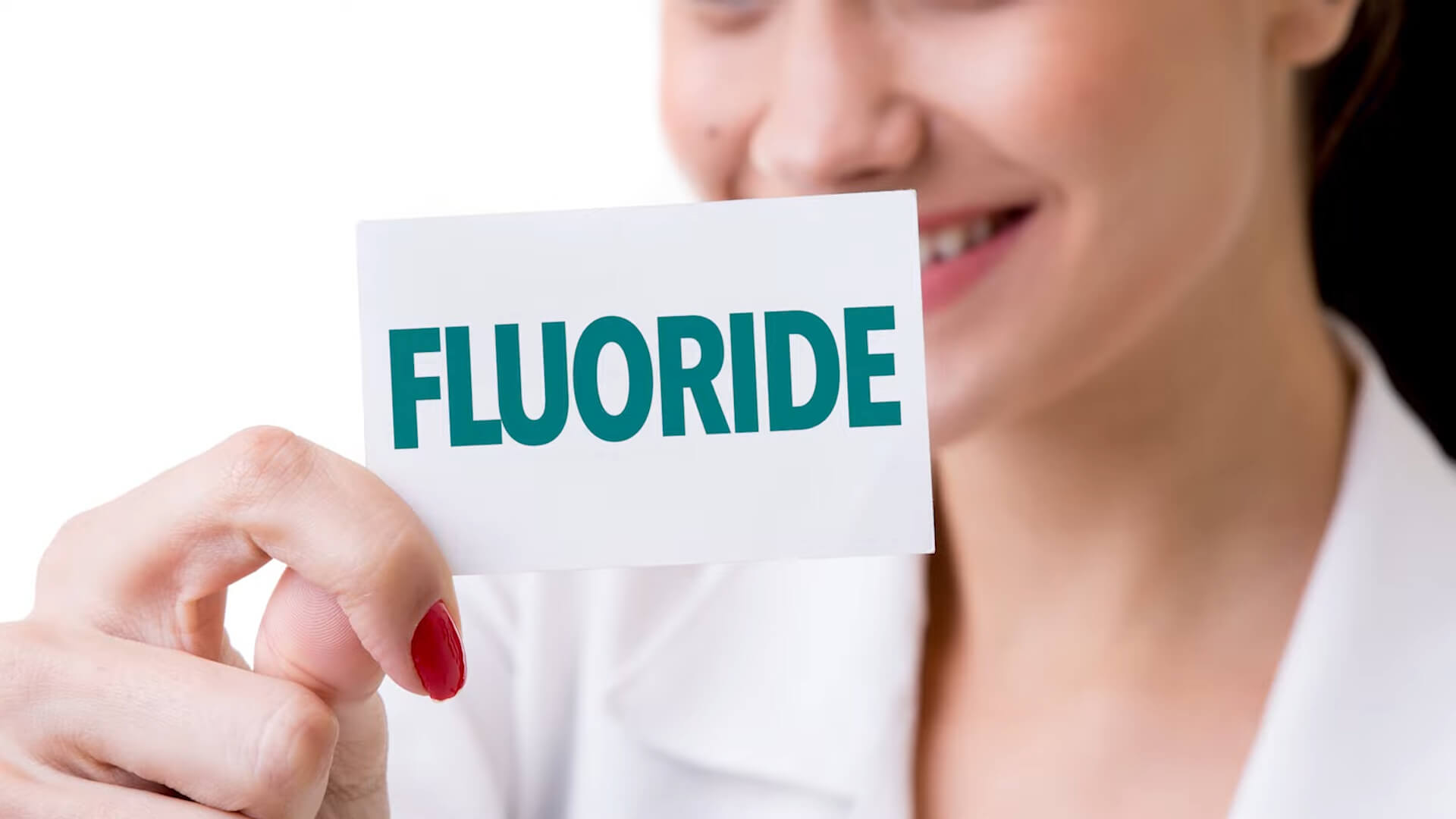
Fluoride is essential for cavity prevention. Research indicates that using fluoride toothpaste can reduce the prevalence of cavities by up to 25% in both children and adults.
Fluoride strengthens tooth enamel by promoting remineralization, which helps repair areas weakened by acids produced by bacteria in the mouth. This process prevents the formation of cavities and even reverses early stages of decay.
Fluoride’s Role in Preventing Cavities
Fluoride works by interacting with the minerals in tooth enamel. This reaction results in the formation of fluorapatite, a compound that makes the enamel more resistant to the acids produced by bacteria and sugar in the mouth.
This remineralization process helps repair the early stages of tooth decay before cavities fully develop.
Real Fluoride Concentrations
Regular toothpaste contains fluoride concentrations between 1,000 to 1,500 ppm (parts per million). For individuals at higher risk of tooth decay, dentists may prescribe toothpaste with up to 5,000 ppm of fluoride.
Using this high concentration has been proven to be especially effective for individuals prone to frequent cavities, providing additional protection and promoting the repair of damaged enamel.
Fluoride Use and Its Impact
A 2019 study by the World Health Organization found that countries with widespread access to fluoride toothpaste and fluoridated water experienced significantly lower rates of cavities.
In the U.S., the Centers for Disease Control (CDC) reports that community water fluoridation has led to a 25% reduction in tooth decay across populations, saving millions of dollars in dental treatments.
Additionally, a long-term study on children using fluoride toothpaste showed a 24% reduction in dental decay compared to non-fluoride users.
3. Floss Daily
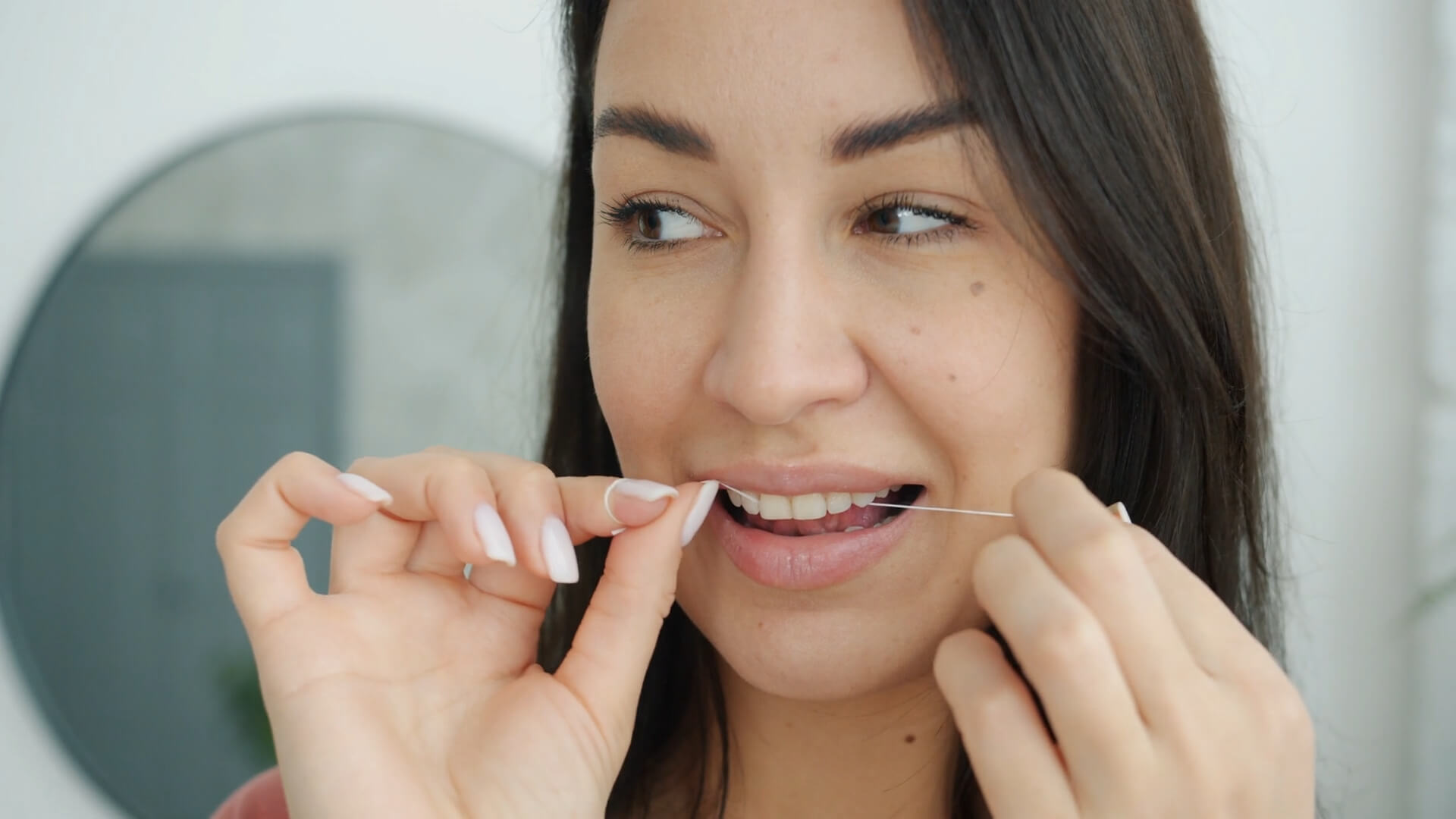
Flossing is a critical aspect of oral hygiene that many people overlook. While brushing cleans the surfaces of your teeth, flossing removes food particles and plaque from areas your toothbrush can’t reach, particularly between your teeth and below the gumline.
According to the American Dental Association (ADA), flossing daily helps prevent cavities and gum disease by reducing the buildup of plaque and bacteria in those hard-to-reach areas.
How Flossing Prevents Cavities
Flossing disrupts the formation of plaque, which contains bacteria that produce acids capable of eroding enamel and leading to cavities. Flossing also helps keep gums healthy, preventing gum recession.
Gum recession exposes the roots of teeth, which are more vulnerable to decay since they don’t have the same protective enamel covering. Keeping the gumline clean and healthy can prevent this exposure.
Despite its benefits, flossing remains underutilized. Data from the CDC shows that only about 30% of Americans floss daily, with another 37% reporting they floss occasionally.
Regular flossing can reduce the risk of cavities and gum disease, and dental professionals consistently advocate for incorporating it into a daily routine.
In fact, a study published in the Journal of Periodontology found that people who flossed daily experienced a 40% reduction in their risk of developing gum disease compared to those who didn’t floss.
4. Drink Plenty of Water

Drinking water plays a key role in maintaining oral health. Staying hydrated helps wash away food particles and bacteria from your mouth, preventing the buildup of plaque and lowering the risk of cavities.
Water also dilutes acids produced by bacteria, helping to maintain a healthy pH balance in the mouth. According to the CDC, water fluoridation has led to a significant reduction in tooth decay, decreasing cavities by 25% in both children and adults.
Water helps promote the production of saliva, which is the mouth’s natural defense against cavities. Saliva contains essential minerals like calcium and phosphate that help strengthen teeth and prevent decay.
A dry mouth, which can result from dehydration, reduces saliva production and increases the risk of tooth decay.
Community water fluoridation is one of the most effective ways to prevent cavities. According to the CDC, nearly 73% of the U.S. population receives fluoridated water.
5. Chew Xylitol Gum
Numerous studies have highlighted the benefits of xylitol in oral health. A clinical trial published in the Journal of Dental Research found that individuals who regularly chewed xylitol gum experienced up to a 75% reduction in the amount of harmful bacteria in their mouths.
Furthermore, a long-term study conducted in Finland showed that children who chewed xylitol gum had a 59% lower rate of cavities compared to those who didn’t.
These effects were most pronounced when xylitol was consumed at least three times a day, providing consistent bacterial disruption.
How Xylitol Works?
Xylitol disrupts the energy production process of harmful bacteria, effectively starving them and preventing their ability to produce acids. Unlike sugar, xylitol is non-fermentable, meaning bacteria cannot use it as fuel to create acids that erode enamel.
Additionally, chewing gum stimulates saliva production, which helps neutralize acids and wash away food particles, providing another layer of defense against cavities.
6. Avoid Sugary Snacks
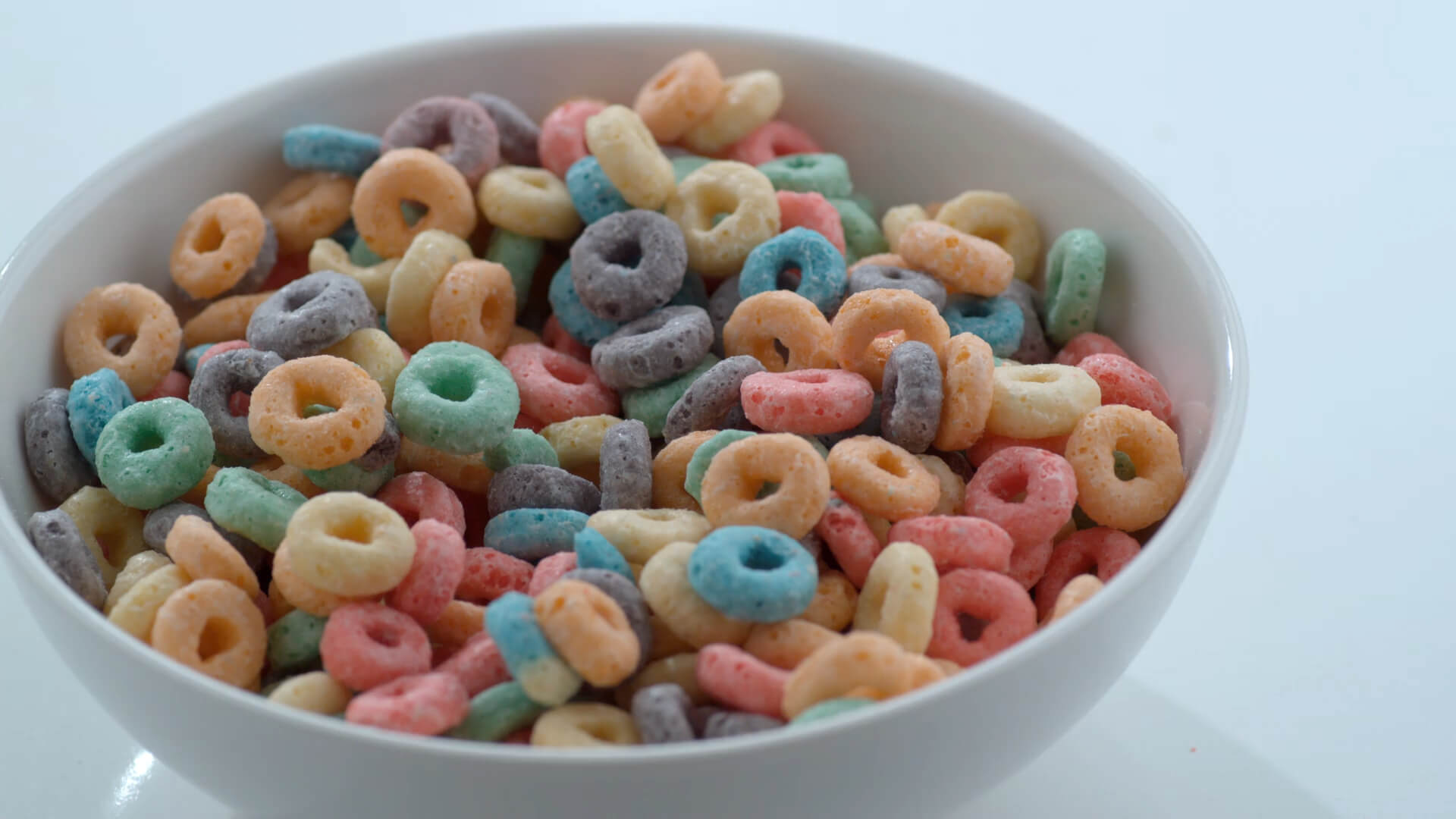
Sugary snacks are a major contributor to cavities. Bacteria in your mouth feed on sugars, producing acids that break down tooth enamel and lead to decay.
The World Health Organization (WHO) recommends limiting sugar intake to less than 10% of total daily calories to reduce the risk of tooth decay.
How Sugar Feeds Bacteria
When you eat sugary snacks, the bacteria in your mouth break down the sugar and produce acids as a byproduct. These acids attack the enamel, the hard outer layer of the teeth, leading to demineralization.
Over time, repeated acid attacks weaken the enamel, eventually causing cavities. Sticky sugary foods like candy, dried fruits, and pastries are especially harmful as they cling to the teeth, allowing bacteria more time to produce acids.
7. Rinse with Mouthwash

According to the American Dental Association (ADA), using a mouthwash that contains fluoride can reduce cavities by up to 50% when used in combination with regular brushing and flossing.
In a study published by the Journal of Clinical Dentistry, participants who used a fluoride mouthwash daily experienced a significant decrease in the formation of new cavities compared to those who did not use any mouthwash.
Benefits of Antibacterial Mouthwash
Antibacterial mouthwashes are effective at targeting harmful bacteria like Streptococcus mutans and Lactobacilli, which are primary contributors to tooth decay.
A study published in the Journal of Dentistry found that mouthwashes containing chlorhexidine or essential oils reduced plaque and gingivitis by 22-26%, further helping prevent cavities and maintaining overall oral health.
8. Eat a Nutrient-Rich Diet
A diet rich in essential vitamins and minerals is critical for maintaining strong teeth and preventing cavities. Nutrient-dense foods not only support overall health but also help protect your teeth by strengthening enamel, boosting saliva production, and minimizing the effects of harmful bacteria.
Here’s how a proper diet plays a role in preventing cavities:
Key Nutrients for Dental Health
- Calcium: Vital for building and maintaining strong teeth. Found in dairy products like milk, cheese, and yogurt, as well as in leafy greens such as kale and broccoli.
- Phosphorus: Supports the absorption of calcium, helping to repair enamel. Found in meat, poultry, fish, eggs, and nuts.
- Vitamin D: Helps your body absorb calcium and phosphorus, which are essential for strong enamel. Sun exposure and foods like fortified milk, fatty fish, and egg yolks are good sources.
- Vitamin K2: Essential for calcium regulation in the body, ensuring it is properly distributed to bones and teeth rather than soft tissues. Found in foods like cheese, butter, and eggs.
- Vitamin C: Helps maintain healthy gums by promoting collagen production. Found in citrus fruits, strawberries, and bell peppers.
- Magnesium: Works with calcium to strengthen teeth. Found in whole grains, nuts, seeds, and dark leafy greens.
Foods that Promote Oral Health
- Dairy products: Rich in calcium and phosphate, which help rebuild enamel.
- Leafy greens: High in calcium and promote the production of saliva.
- Fibrous fruits and vegetables: Stimulate saliva production and help scrub teeth clean.
- Green and black teas: Contain polyphenols that reduce bacteria growth and neutralize acids in the mouth.
- Nuts and seeds: Provide calcium and phosphorus, contributing to enamel strength.
9. Limit Acidic Foods and Drinks

Acidic foods and beverages can wear down your enamel over time, making teeth more susceptible to cavities. Limiting the intake of such items is key to maintaining strong, healthy teeth. Here’s how acidic foods impact your oral health and what you can do to protect your enamel:
Why Acidic Foods and Drinks Harm Teeth
- pH and Enamel: The enamel on your teeth begins to demineralize at a pH level below 5.5. Many acidic drinks like sodas, citrus juices, and energy drinks fall well below this level, increasing the risk of enamel erosion. Once the enamel is weakened, it becomes easier for cavities to form.
- Frequent Exposure: Sipping on acidic drinks throughout the day prolongs exposure to the harmful acids. This constant acid attack can lead to increased enamel loss over time.
Real Data on Acid Erosion
A study in the Journal of the American Dental Association found that people who consumed acidic beverages like sodas or fruit juices at least three times a day were at a 37% higher risk of developing enamel erosion and cavities compared to those who consumed them less frequently.
Another study published in the Journal of Clinical Nutrition linked high consumption of acidic beverages to a 30% increase in dental decay rates.
Foods and Drinks to Limit
- Citrus fruits and juices: While high in vitamins, they are also highly acidic.
- Soda and soft drinks: Loaded with sugar and acidic components, they significantly contribute to decay.
- Sports and energy drinks: These often contain added acids for flavor, further eroding enamel.
- Alcohol: Particularly wine, which has high acidity levels, can contribute to enamel wear.
Ways to Minimize Acid Damage
- Use a straw: Drinking acidic beverages through a straw can minimize contact with teeth, reducing the risk of erosion.
- Rinse with water: After consuming acidic foods or drinks, rinse your mouth with water to help neutralize acids.
- Limit consumption time: Drink acidic beverages in one sitting rather than sipping over a long period to reduce prolonged exposure to acids.
10. Increase Saliva Flow
Saliva is essential in protecting your teeth from cavities. It helps wash away food particles, neutralizes harmful acids in the mouth, and contains minerals like calcium and phosphate that strengthen enamel. Increasing saliva flow can be an effective way to naturally prevent cavities.
The Importance of Saliva in Oral Health
- Neutralizes Acids: Saliva helps maintain a neutral pH level in the mouth, which is crucial for preventing acid erosion. Without enough saliva, acids from foods, drinks, and bacteria can wear down enamel, leading to cavities.
- Contains Remineralizing Agents: Saliva carries minerals like calcium and phosphate, which help to remineralize teeth and repair early-stage decay.
- Cleanses the Mouth: Increased saliva flow can help remove food debris and plaque, reducing the bacteria responsible for producing harmful acids.
Studies have consistently shown that individuals with dry mouth (xerostomia) are at a significantly higher risk of developing cavities.
According to research published in the Journal of the American Dental Association, people with reduced saliva flow due to medications or medical conditions were 40% more likely to experience tooth decay.
Another study found that individuals with healthy saliva production had a 70% lower chance of developing cavities compared to those with dry mouth symptoms.
Ways to Increase Saliva Flow
- Chew sugar-free gum: Chewing gum stimulates saliva production. Choose gum containing xylitol, which not only increases saliva but also fights cavity-causing bacteria.
- Stay hydrated: Dehydration reduces saliva production, so drinking plenty of water throughout the day helps maintain saliva flow.
- Eat fibrous fruits and vegetables: Foods like apples, carrots, and celery naturally promote chewing, which stimulates saliva production.
- Suck on sugar-free lozenges: These can also encourage saliva flow, particularly if they contain xylitol or other ingredients that promote oral health.
11. Visit the Dentist Regularly
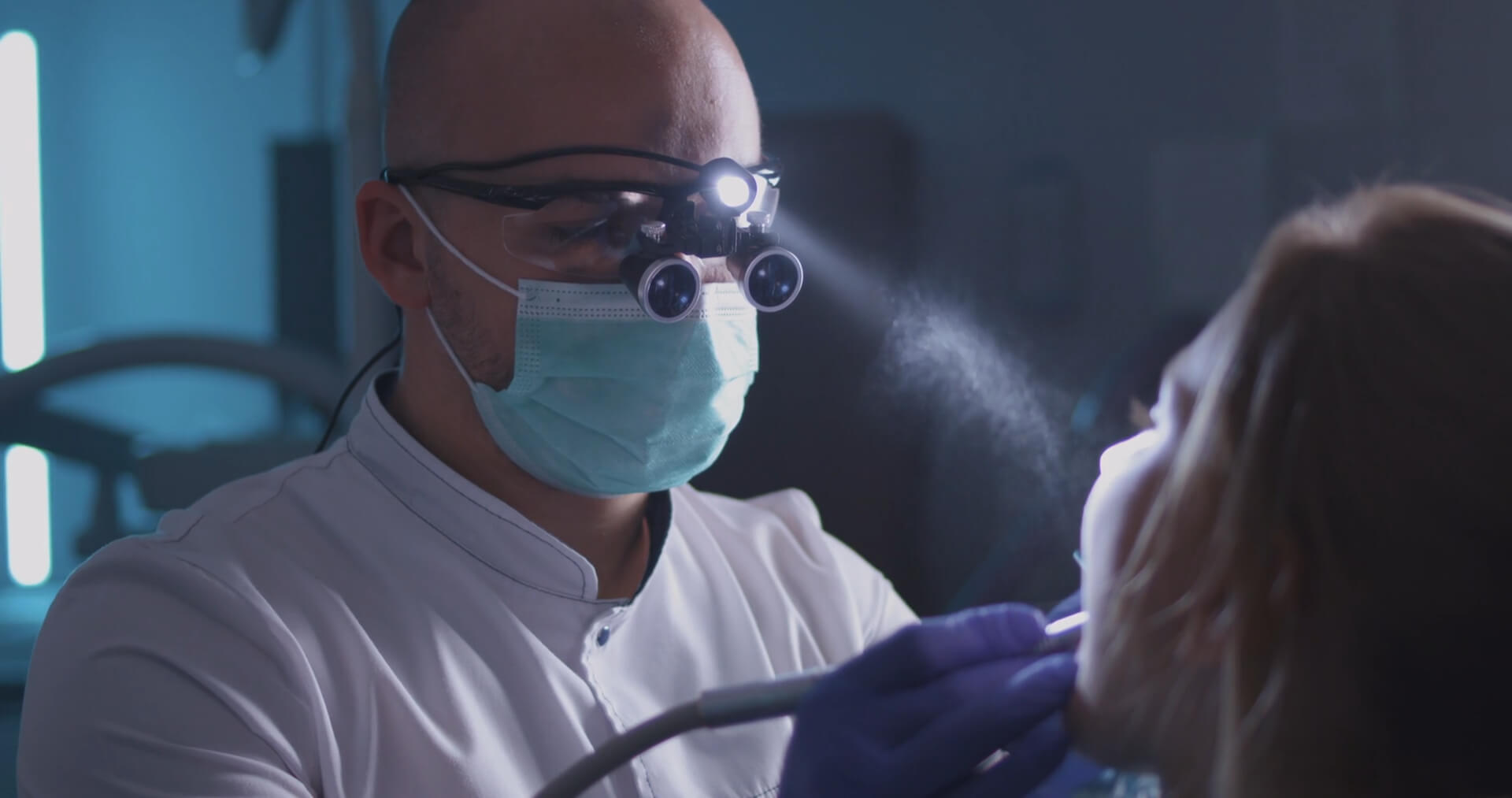
Regular dental visits are essential for maintaining oral health and preventing cavities. Professional cleanings and checkups allow dentists to detect early signs of decay and provide treatments that help prevent cavities from worsening.
According to the American Dental Association (ADA), it is recommended that most individuals visit their dentist for a checkup and cleaning every six months, although those with higher cavity risks might need more frequent visits.
Why Regular Dental Visits Matter
- Early Detection: Dentists use X-rays, visual inspections, and other diagnostic tools to detect cavities in their early stages before they become more serious. Catching a cavity early can prevent the need for more invasive treatments like fillings or root canals.
- Professional Cleanings: Regular cleanings remove plaque and tartar buildup that cannot be effectively removed by brushing and flossing alone. Plaque hardens into tartar, which contributes to tooth decay and gum disease.
- Fluoride Treatments: Many dental offices offer fluoride treatments as part of their routine checkups. These treatments strengthen enamel and reduce the risk of future cavities.
12. Treat Dry Mouth
Dry mouth, or xerostomia, can significantly increase your risk of developing cavities. Saliva plays a crucial role in neutralizing acids, washing away food particles, and protecting tooth enamel.
When saliva production is reduced, your mouth becomes more susceptible to decay and bacterial buildup. Treating dry mouth is essential for maintaining oral health and preventing cavities.
Why Dry Mouth Increases Cavity Risk
- Lack of Saliva: Saliva helps neutralize acids that cause enamel erosion and tooth decay. Without sufficient saliva, your teeth are more vulnerable to these acids.
- Plaque Buildup: Dry mouth leads to a greater accumulation of plaque, which contributes to the formation of cavities and gum disease.
- Difficulty in Chewing and Swallowing: Reduced saliva makes it harder to chew and swallow, which can limit the body’s ability to clean the mouth naturally through eating and drinking.
A study published in the Journal of the American Dental Association found that individuals with dry mouth are 50% more likely to develop cavities compared to those with normal saliva production.
Another study noted that dry mouth, often caused by medications or health conditions, leads to a higher rate of enamel demineralization, making it a significant risk factor for cavities, especially in older adults.
Causes of Dry Mouth
- Medications: Over 400 medications, including antihistamines, decongestants, and pain relievers, can cause dry mouth as a side effect.
- Aging: As people age, they naturally produce less saliva, making dry mouth more common in older adults.
- Medical Conditions: Conditions like diabetes, Sjögren’s syndrome, and certain autoimmune diseases can reduce saliva production.
How to Treat Dry Mouth
- Stay Hydrated: Drinking water throughout the day helps to maintain moisture in your mouth and promote saliva flow.
- Chew Sugar-Free Gum: Gum stimulates saliva production, which can help reduce dry mouth symptoms. Xylitol-based gum is particularly effective.
- Use Saliva Substitutes: Over-the-counter saliva substitutes, such as mouth sprays or gels, can help keep your mouth moist.
- Avoid Caffeine and Alcohol: Both can dehydrate you and reduce saliva flow. Cutting back on these can help keep your mouth moist.
- Humidify Your Home: Running a humidifier at night can help keep your mouth from becoming too dry while you sleep.
13. Use a Soft-Bristled Toothbrush
Choosing the right toothbrush is essential for maintaining good oral health and preventing cavities. Dentists widely recommend using a soft-bristled toothbrush because it effectively removes plaque without damaging your gums or enamel.
Hard bristles can cause gum recession, which exposes the roots of your teeth and makes them more vulnerable to decay.
Why Soft Bristles Matter
- Gentle on Gums: Soft bristles are less likely to cause gum irritation or recession, which can occur when brushing too aggressively or using a hard-bristled brush.
- Effective Plaque Removal: Despite being gentle, soft bristles are effective at removing plaque and food particles from the teeth when used correctly.
- Prevents Enamel Damage: Hard bristles can wear down tooth enamel over time, making teeth more susceptible to cavities. Soft bristles, on the other hand, clean without causing erosion.
14. Replace Your Toothbrush Regularly
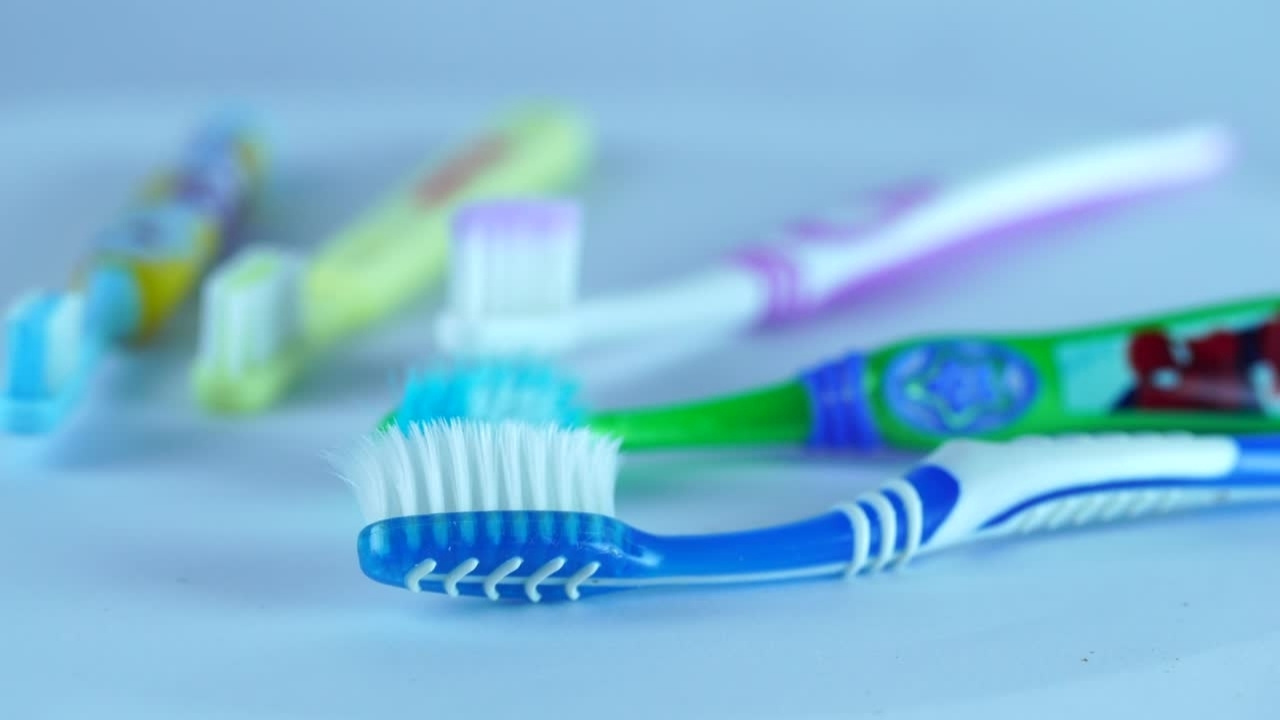
Replacing your toothbrush regularly is crucial for maintaining oral hygiene and preventing cavities. Over time, toothbrush bristles become worn and less effective at removing plaque and bacteria from the surfaces of your teeth.
Using an old, frayed toothbrush can lead to poor cleaning, which increases the risk of cavities and gum disease.
How Often Should You Replace Your Toothbrush?
- Every 3 to 4 months: The American Dental Association (ADA) recommends replacing your toothbrush every three to four months, or sooner if the bristles become frayed. Once bristles lose their flexibility and start to wear down, they become less effective at cleaning your teeth and can irritate your gums.
- After illness: It’s a good idea to replace your toothbrush after recovering from a cold, flu, or any infection, as bacteria and germs can linger on the bristles and potentially lead to reinfection.
FAQs
How long does it take for a cavity to form?
Cavities can start forming within a few months, especially if poor oral hygiene and a diet high in sugar or acidic foods are involved. The process depends on various factors like diet, oral hygiene, and saliva production.
Can you heal cavities at home?
You can remineralize early-stage cavities by improving your diet, using fluoride toothpaste, and practicing good oral hygiene. However, cavities that have penetrated deeper layers of the tooth require a dentist’s intervention.
Does mouthwash replace brushing?
No, mouthwash should not replace brushing. While it helps reduce bacteria and freshen breath, it doesn’t remove plaque or food particles like brushing and flossing do.
Is flossing necessary if I brush well?
Yes, flossing is necessary because it removes plaque and food debris between teeth that brushing cannot reach. Without flossing, plaque can build up and lead to cavities or gum disease.
Can I brush too much?
Yes, brushing too much or too hard can damage your enamel and gums, leading to sensitivity and receding gums. Brush gently for two minutes twice a day with a soft-bristled toothbrush.
Are electric toothbrushes better than manual ones?
Electric toothbrushes can be more effective at removing plaque, especially for people who have difficulty brushing thoroughly. However, both types can be effective if used correctly with proper technique.
Does chewing gum actually help prevent cavities?
Chewing sugar-free gum, particularly with xylitol, helps increase saliva flow, neutralize acids, and reduce the risk of cavities. It should not replace brushing or flossing, but it can be a helpful addition.
Last Words
To keep your teeth healthy and prevent cavities naturally, it all comes down to maintaining good daily habits. Brushing your teeth regularly, flossing, and making sure you’re using fluoride toothpaste are simple things that make a huge difference.
Add in small changes, like drinking more water, chewing sugar-free gum, and avoiding too many sugary or acidic snacks, and you’re on the right track.
It’s also important to stay on top of your dental checkups, replace your toothbrush when needed, and keep your mouth hydrated.

